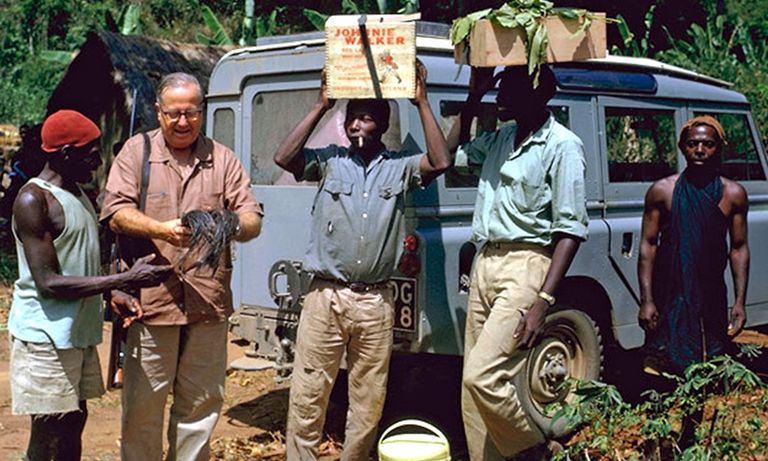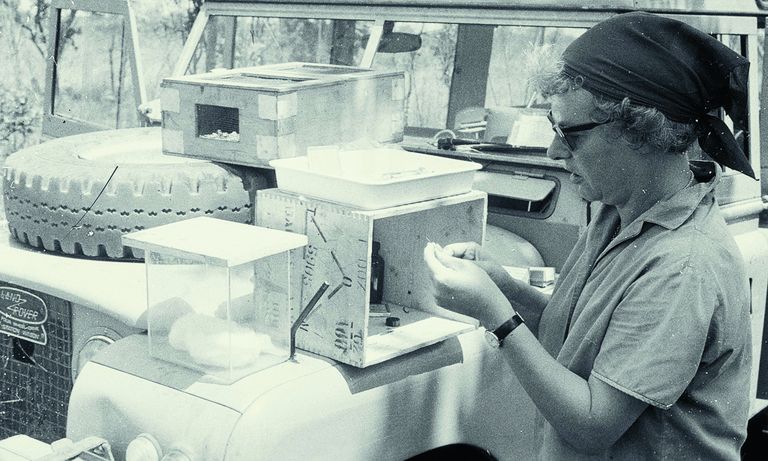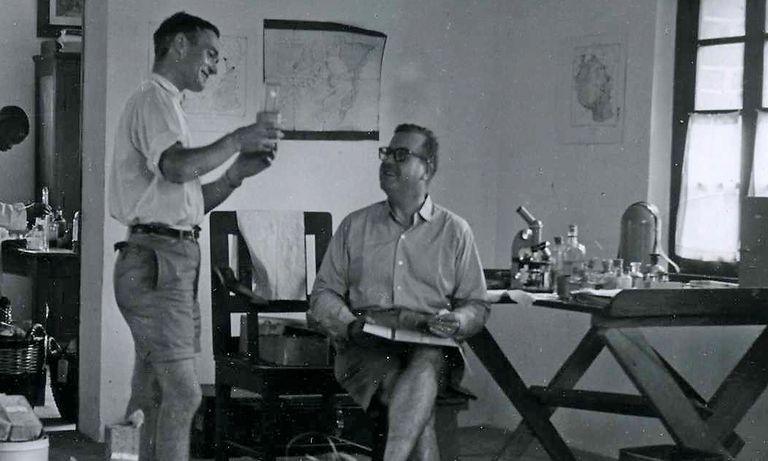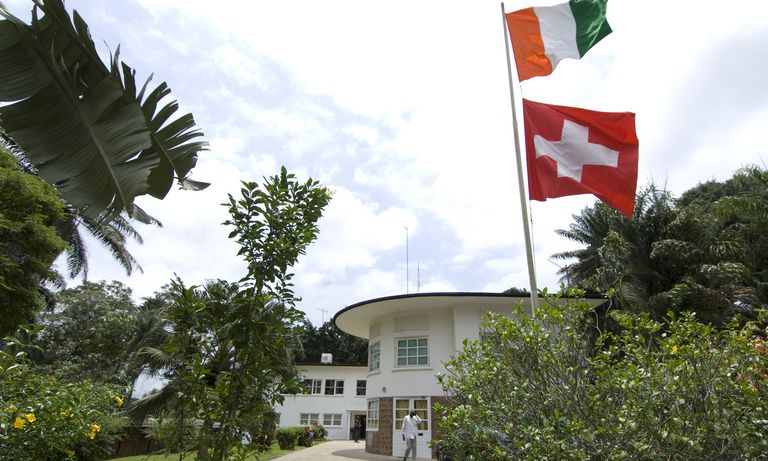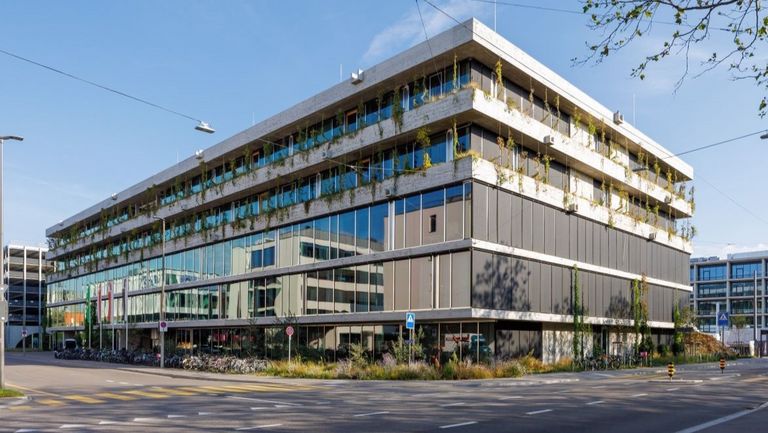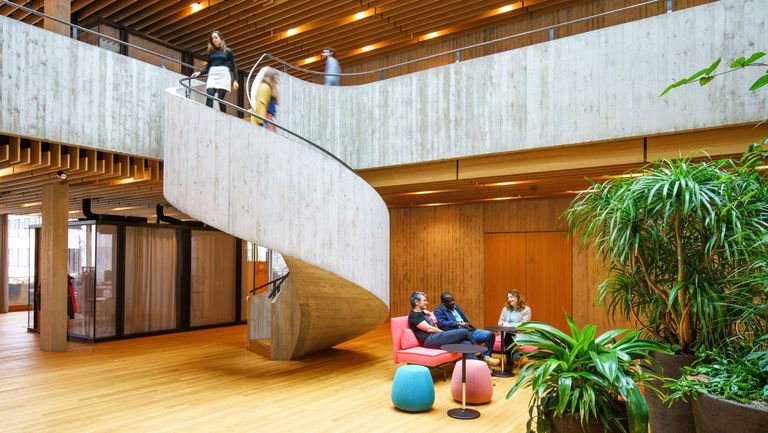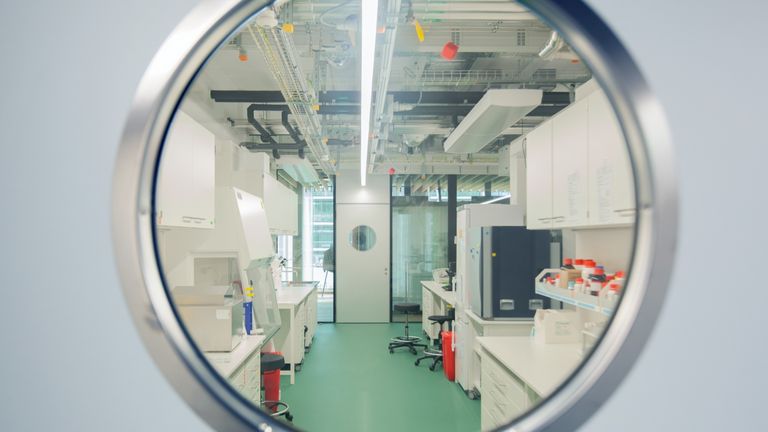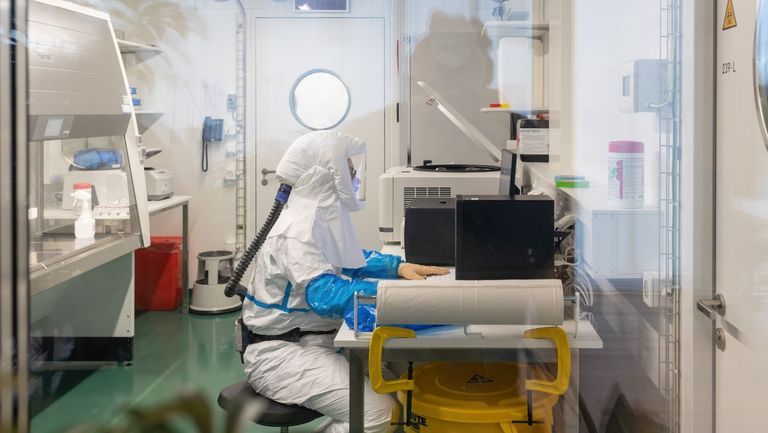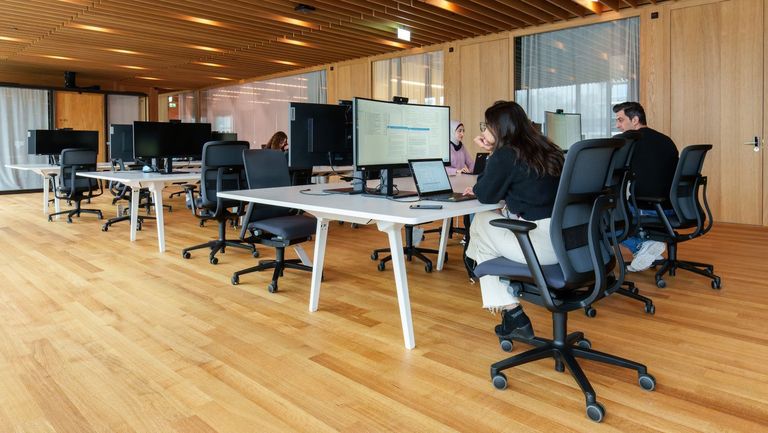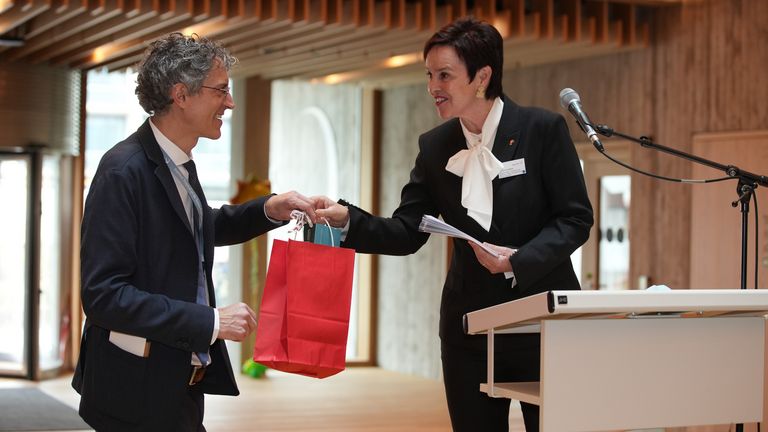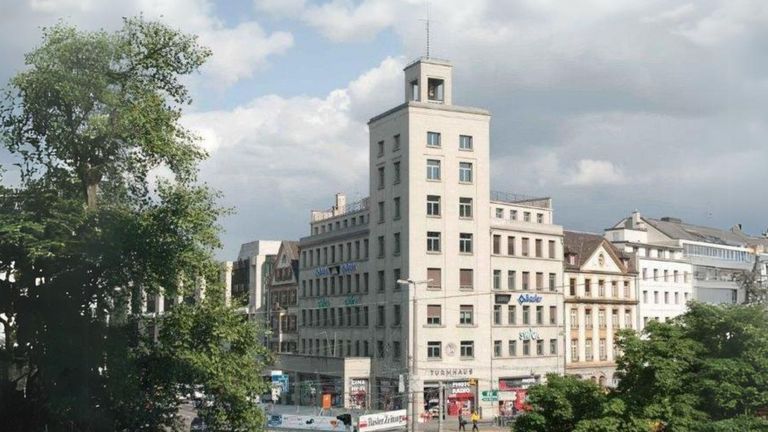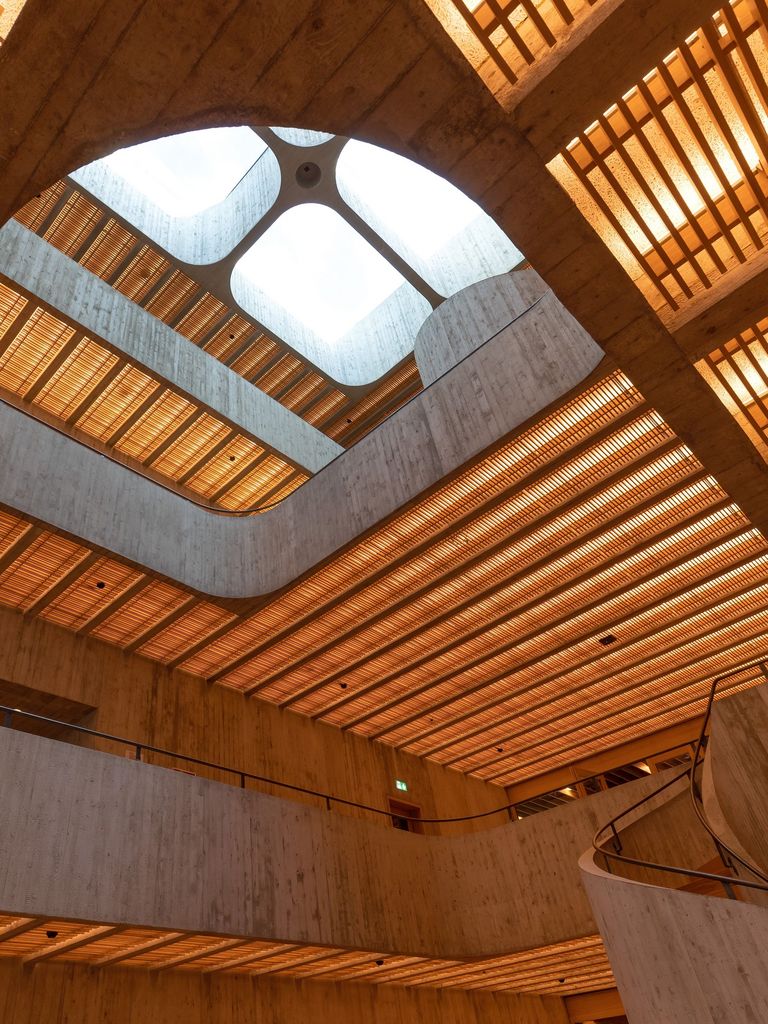

History of Swiss TPH
The Swiss Tropical Institute (STI) was founded in 1943 - in the middle of the Second World War. During the war, both the population at large and the political decision-makers were gripped by the fear of massive unemployment after the end of the war. To alleviate the threat of unemployment, the government encouraged scientific programmes in academic institutions and supported the idea of a Swiss Tropical Institute. From the outset, the institute combined research, training and medical services. The study of parasites and the many mosquitoes, flies and ticks that transmit malaria, African sleeping sickness and relapsing fever were high on the research agenda. The founding director, Rudolf Geigy, greatly influenced the course of the institute.
From Research to Development Aid
In the 1950's, the STI established two field laboratories in Africa: the Centre Suisse de Recherches Scientifiques (CSRS) in Côte d'Ivoire and the Swiss Tropical Institute Field Laboratory (STIFL) in Ifakara (Tanzania). With the independence of many African countries in the 1960s, the STI shifted from basic research to development aid. Tanzania in particular became a focus of Swiss development aid and has remained so ever since. The Ifakara Health Institute (IHI), as the former STIFL is now known, has become an important research organisation in Africa. In collaboration with the STI, the CSRS has also become a major research institution in West Africa, implementing projects throughout the sub-region.
“We should not deceive ourselves: any sustainable effort to promote research in developing countries will demand profound changes in research and teaching in the universities of the industrialised countries.”
Thierry Freyvogel
Director Swiss TPH 1972-1987
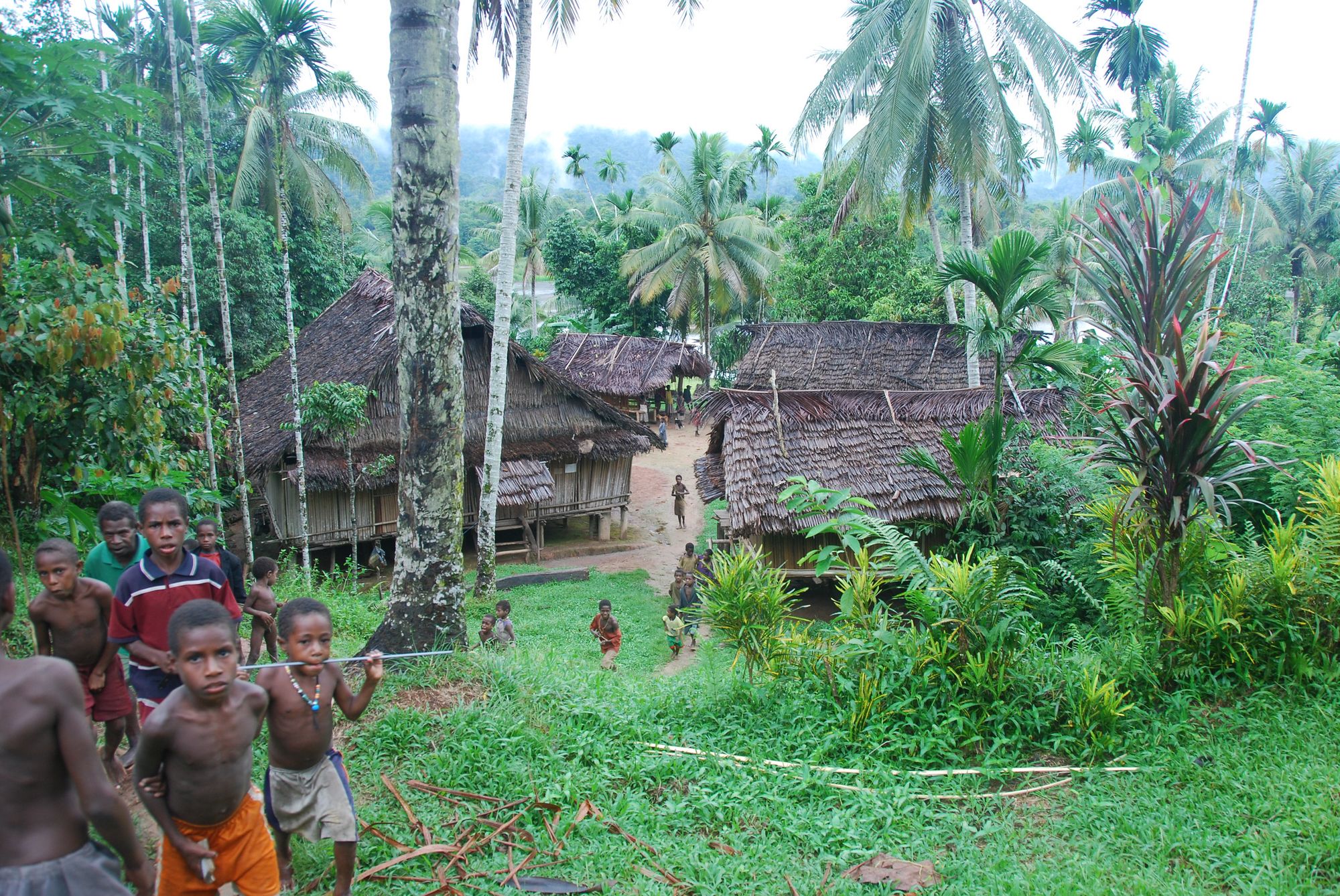
Staggering Growth since the 1990s
Since the 1990s, the STI has grown tremendously. Large-scale studies in Africa required new investments in diagnostics and molecular research in Basel. Since the mid-1990s, the Institute's many services have also been extended to Eastern Europe and Central Asia. The Swiss Centre for International Health (SCIH), a service department of the STI founded in 1997, has helped to strengthen health services in the former Eastern Bloc countries. The STI was thus already a global health institute in the 1990s.
The Environment and the Rise of Non-Communicable Diseases
After 2000, the STI realised that it needed a stronger local and national base to face new global challenges such as environmental threats and the spread of non-communicable diseases. In 2009, the former Institute of Social and Preventive Medicine (ISPM) of the University of Basel was integrated and the STI was renamed Swiss Tropical and Public Health Institute (Swiss TPH). With the integration, expertise was expanded to include research on environmental health and the epidemiology of non-infectious diseases, genetic epidemiology and social sciences.
“No roots, no fruits”
Marcel Tanner
Director Swiss TPH 1997-2015
New Buildings for Swiss TPH
Over the years, as the number of employees and students grew, the historic premises on Socinstrasse in the centre of Basel became too small. In 2022, the 700 staff and students based in Switzerland moved to the new headquarters "Belo Horizonte" in Allschwil, just outside Basel. The modern building includes state-of-the-art laboratories, collaborative workspaces, seminar rooms, a library and a cafeteria. In 2024, the Centre for Tropical and Travel Medicine also left its historic location in the "Villa zur Föhre" near Brausebad and moved into the “Turmhaus” at Aeschenplatz 2 in Basel, just a few minutes' walk from the SBB railway station.
